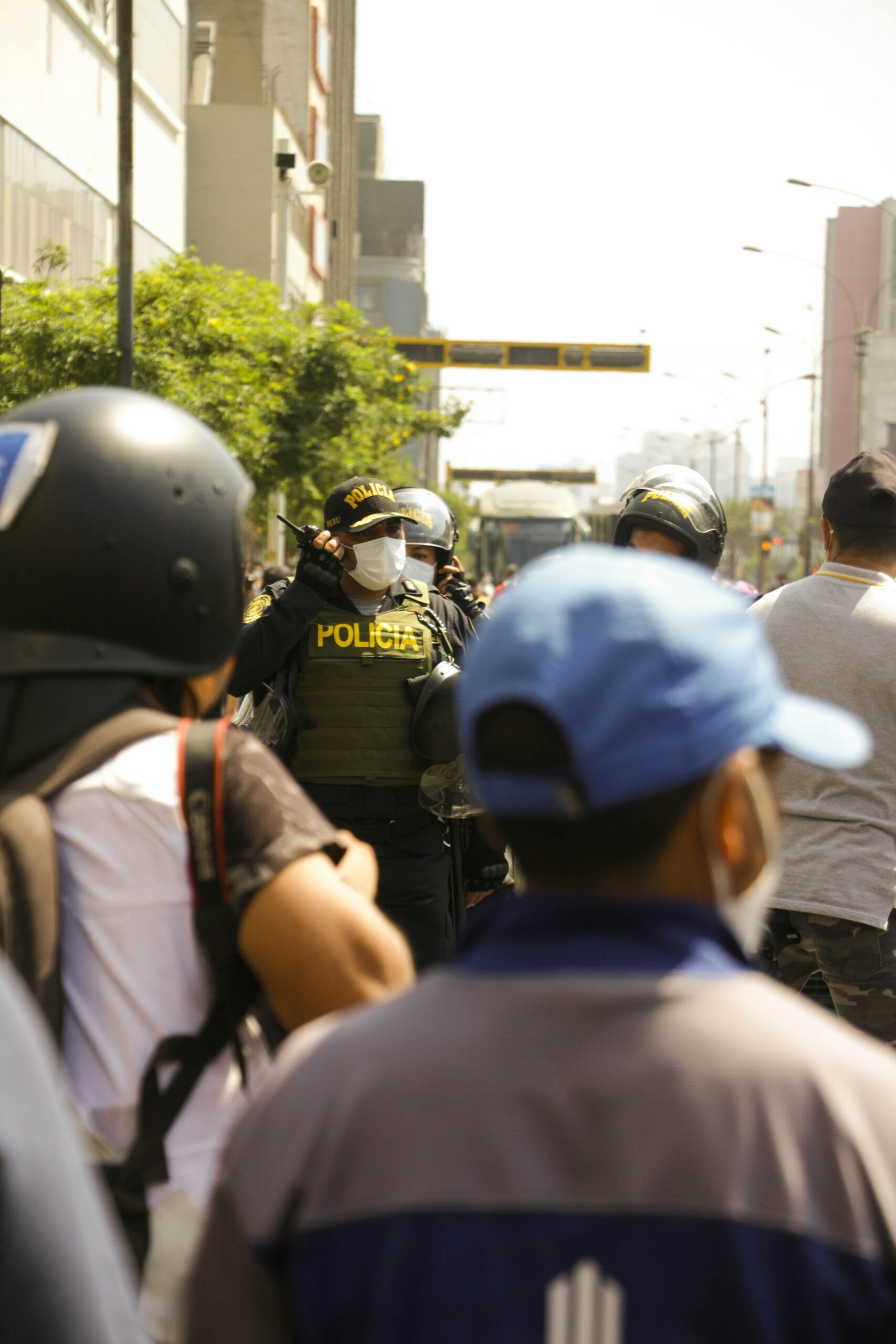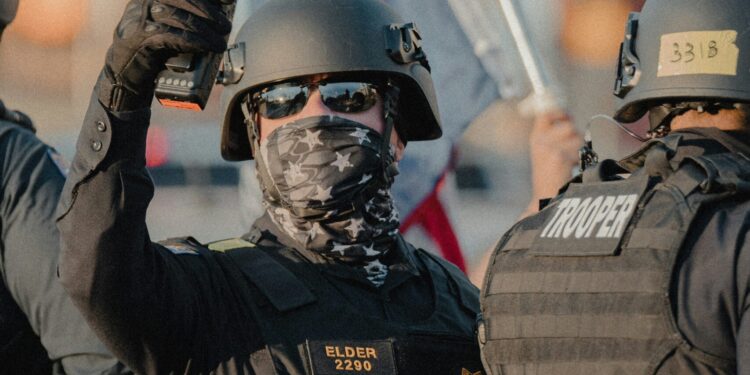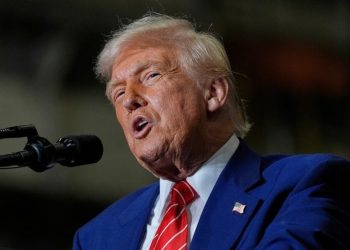What began as a few online warnings has now taken a darker turn, Two alleged narco-banners surfaced this month, reportedly signed by La Chapiza, a violent faction of the Sinaloa Cartel, warning Americans to stay out of Mexico’s Los Cabos region. The signs, written in blood-curdling threats, claimed that U.S. citizens would be targeted if they continued to visit or live in the area. Though local officials insist these banners were never found, the fear they sparked is real and symbolic of the growing hostility between Mexico’s cartels and the United States.
The Tension Behind the Threats
The warning signs did not appear in a vacuum. Over the past months, the U.S. government has stepped up deportations of Mexican nationals, following a surge of strict immigration policies. Many of those deported claim they were sent back with no jobs, no security, and no future, dumped back into territories controlled by cartels. It is this wave of frustration, mixed with anger, that is now boiling over. The cartels, already emboldened by their control of drug routes and local economies, see the deportations as a direct assault on their “people.” And in their twisted logic, they believe the best response is retaliation not against U.S. authorities, but against ordinary Americans.

A Dangerous Message of Intimidation
Even if the so-called narco-banners never physically existed, the message behind them cannot be ignored. For years, Mexican cartels have used these banners, known as narcomantas, to declare dominance, taunt rivals, and intimidate governments. Now, the same propaganda tool is being used to spread anti-American sentiment. This is not just about territory anymore, it is about sending a message. A message that says, “We are not afraid of you.”
Cartels thrive on fear, and they know exactly how to wield it. They have evolved from smuggling drugs to smuggling terror. They use social media to spread threats, fake videos to boost their reputation, and political instability to their advantage. With millions of Americans crossing the southern border every year for vacations, business, or missionary work, the threat is no longer distant. It is at the doorstep.
How Trump’s Policies Ignited the Fire
This escalating hostility cannot be separated from U.S. immigration policy. Former President Donald Trump’s approach to immigration and deportation, though widely supported among conservatives, also left a deep scar on U.S.–Mexico relations. His administration’s decision to tighten deportation laws, ramp up ICE raids, and cut humanitarian aid created ripple effects that the next administrations have struggled to contain. Deporting thousands of Mexican nationals into unstable cartel regions only added fuel to a crisis already spiraling out of control.
When you deport people without giving them structure or reintegration programs, you send them straight into the arms of criminal organizations that promise survival. Many deportees, rejected by both countries, are recruited by the same cartels now issuing threats against Americans. It is an ugly circle: U.S. policy drives desperation, desperation feeds recruitment, and recruitment strengthens the same cartels America claims to fight.
Corruption and Control
What is happening now is a mirror of Mexico’s long-standing rot, corruption that seeps from politics into law enforcement. The cartels do not operate in shadows anymore, they operate in broad daylight, often with the silent cooperation of those who should stop them. The American government, meanwhile, keeps playing the same old blame game, calling for border walls while ignoring the economic roots of the crisis.
The truth is that both countries are trapped in a toxic relationship: the U.S. demands border control while consuming billions of dollars’ worth of illegal drugs that keep these cartels alive. Mexico, in turn, profits off the chaos and corruption that keep the cycle turning. The “war on drugs” was never really a war, it was a business arrangement wrapped in propaganda.
What This Means for Americans
For ordinary Americans, this growing hostility should be a warning sign. Cartel activity has already crossed the border in forms of fentanyl smuggling, human trafficking, and money laundering. Now, with this declaration of hostility, the threat is psychological as much as it is physical. Americans are becoming targets not because of what they did, but because of what their government stands for and what it has done to those who live under cartel control.
The Silent War at the Border
Every banner, every threat, and every bullet fired in Mexico has an echo that reaches America. When Mexican cartels declare war on Americans, they are not just threatening tourists in Cabo, they are calling out a country whose policies helped create their enemies. Trump’s hardline deportations, followed by years of political division, built resentment that cartels are now exploiting.
The U.S. keeps pushing its policies south, and the cartels keep pushing back north and stuck in the middle are innocent people on both sides of the border.
Bottom Line
The so-called narco-banners may be real or fabricated, but the sentiment behind them is dangerously real. The Mexican cartel’s declaration of war on Americans should not be dismissed as a social media stunt. It is a reflection of a deeper issue, a failure of leadership, diplomacy, and humanity. The deportations that began as a political statement under Trump’s administration are now returning as a threat.

















